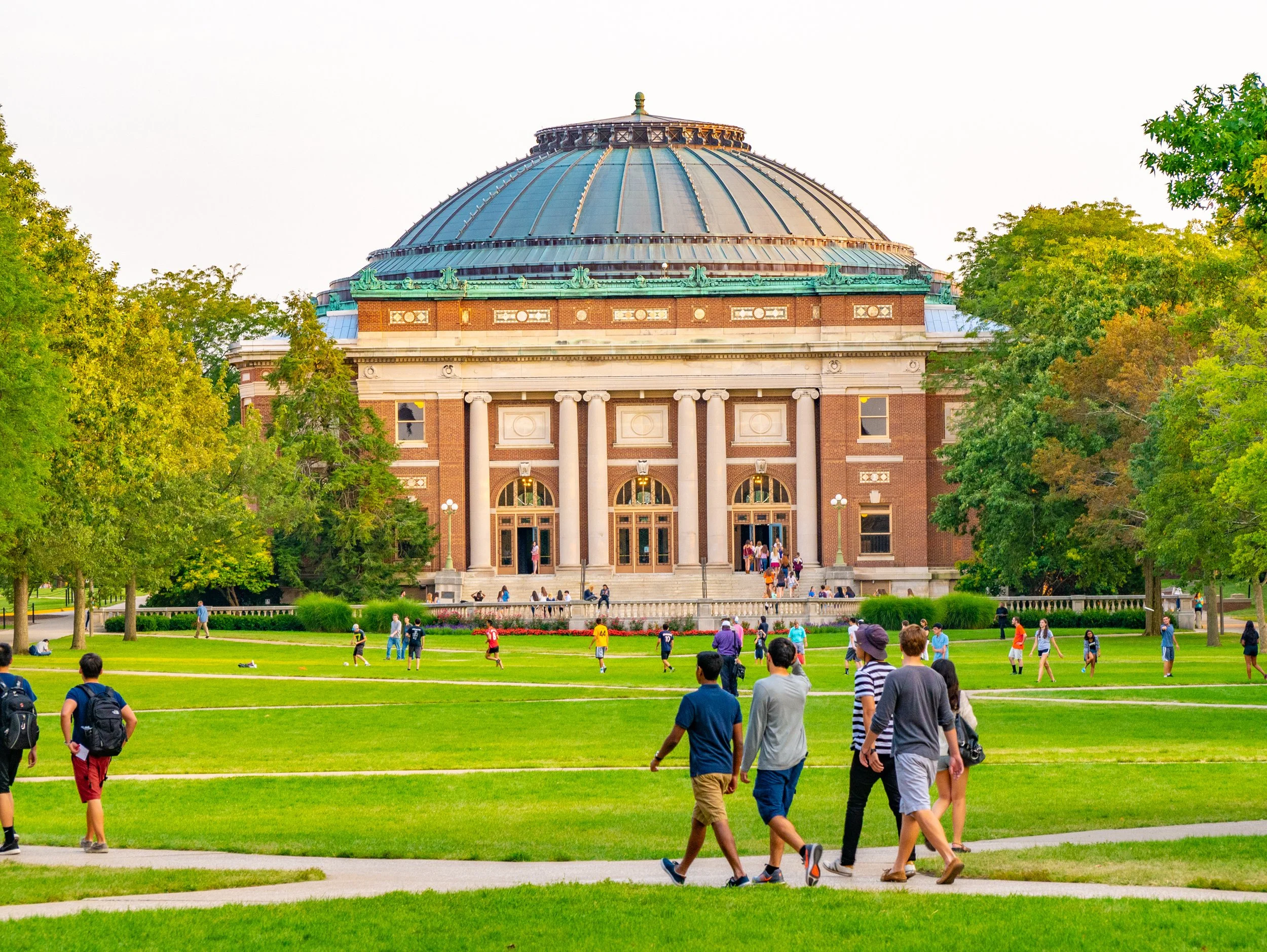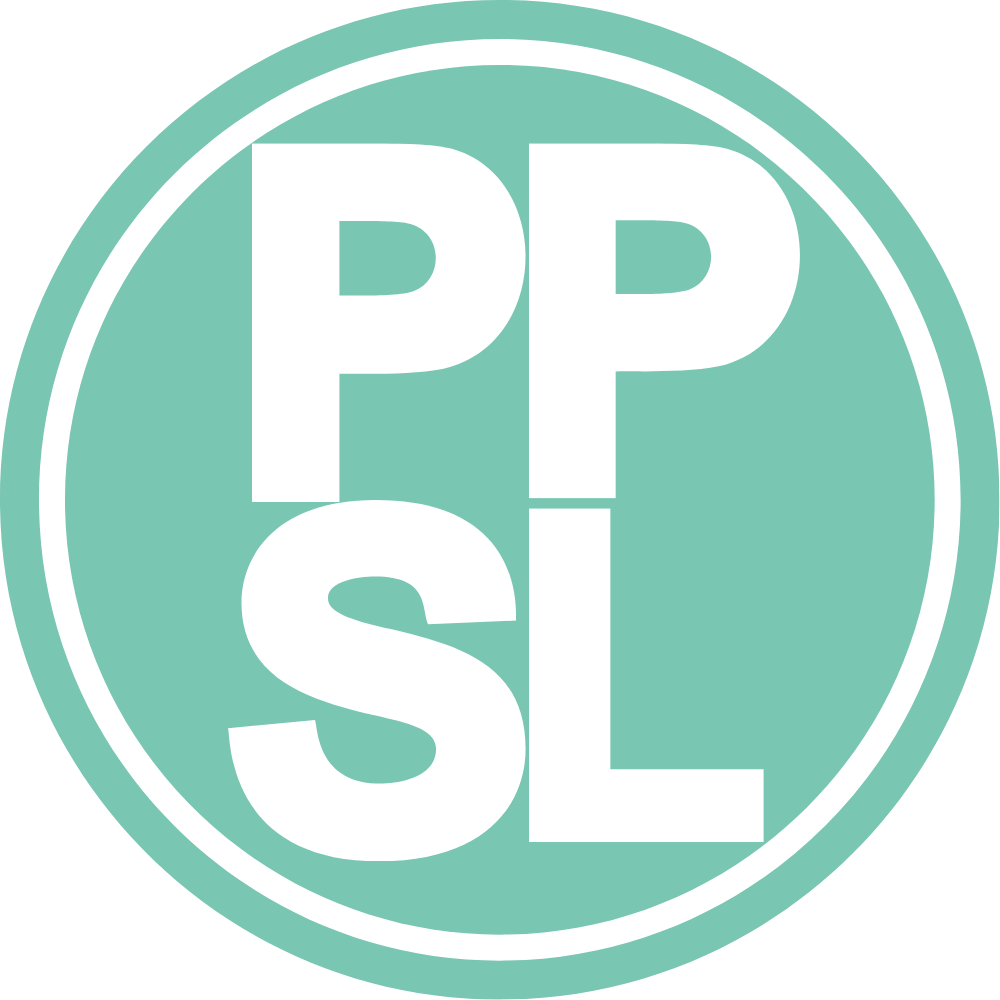
Frequently Asked Questions
This page addresses some of the most frequently asked questions about our cases and about our work at the Project on Predatory Student Lending.
Questions about the for-profit college industry
-
For decades, the predatory for-profit college industry has exploited the promise of higher education at the expense of students who are trying to build a better life. The industry specifically targets low-income students, people of color, single parents, and veterans. These schools recruit students with lies and false promises of well-paying jobs and meaningful careers with the purpose of securing students’ federal student aid. If a company targets people it perceives as vulnerable for its misconduct or fraud, that school is predatory.
-
The Department of Education is supposed to regulate for-profit colleges, but for decades has exercised little to no oversight of the industry. Instead of helping people who want an education, government funding and policies are helping this industry to cheat students. The for-profit college industry is among the most heavily subsidized of any private-sector industry, taking more than $30 billion in taxpayer money each year in the form of federal student aid. The Department of Education has the authority to stop the flow of federal money to these schools, but it has not.
-
Although some predatory for-profit colleges have collapsed in recent years, there are still hundreds more operating across the country. They are actively marketing their bogus products to students they perceive as vulnerable, even in the midst of an economic crisis. In April 2020, the Project on Predatory Student Lending filed a lawsuit against one such company, Florida Career Colleges, for selling a predatory product and targeting Black students.
Questions about the student debt cancellation process
-
The Department of Education has the authority to cancel student loan debt.
-
Borrowers who have been cheated by their school are eligible to have their federal student loans cancelled. This is a right that comes from federal law, common law, and student loan contracts. This type of loan cancellation is called Borrower Defense to Repayment, borrower defense, or defense to repayment.
If you are a student who has applied for borrower defense and are looking for information about the process, click here for more information.
-
Forced arbitration is a tactic that for-profit colleges use to prevent students from suing them - forcing defrauded students into secretive out-of-court arbitrations and denying them the right to bring class action lawsuits. A critical component of the 2016 borrower defense rule allows the Department of Education to deny federal funds to institutions of higher education if they bar students from bringing class action lawsuits against their school or bringing their claims in court. Our lawsuit Bauer v. DeVos made the Department implement that rule, after it illegally delayed and refused to act on the rule. The 2019 borrower defense rule allows schools to go back to using forced arbitration, and we are representing the organization challenging that rule.
-
The closed school discharge rule allows students to apply to cancel their loans if their school closes while they are enrolled or soon after they withdraw. The 2016 borrower defense rule included a provision that automatically cancels loans of some people eligible for closed school discharge three years after the school shuts down. Since we won the implementation of the 2016 borrower defense rule in court, the Department has canceled at least $245 million due to the automatic closed school discharge provision. Learn more about eligibility for closed school discharge here.
-
The government can and does use wage garnishment and tax offset to pay for federal student loans. However, there are many situations in which the government CANNOT legally do this, including if a student has a pending borrower defense application. For more information about collection actions on defaulted federal student loans, click here.
-
Data show that canceling student debt would bring significant, long-lasting economic benefits. Read more about the economic case for canceling student debt.
-
On June 22, 2022, a proposed settlement agreement was filed that would cancel at least $6 billion in fraudulent student loans for approximately 200,000 borrowers. The court will hold a hearing on whether to grant preliminary approval to that settlement on August 4, 2022.
Read more here.
-
Students filed a class action lawsuit against Florida Career College (FCC) for using false representations and high-pressure sales tactics that leave students in mountains of debt they cannot repay, and for systematically targeting Black students. For more information about the FCC lawsuit, click here.
-
The Project can represent a limited number of people. We prioritize cases where we can help a lot of people at once. If you are looking for legal help with debt from a for-profit college, click here.
Questions about PPSL lawsuits
Questions about the specific for-profit colleges
-
We represent former students of Everest, Heald, or WyoTech in several different lawsuits. In June, 2022 the Department of Education announced that it will cancel all federal student loans from Corinthian-owned schools as a result of the company’s widespread fraud.
